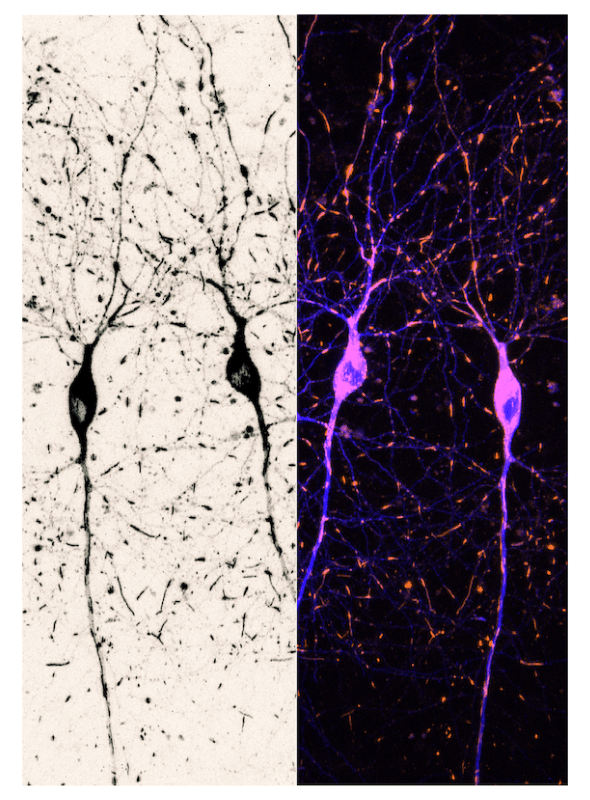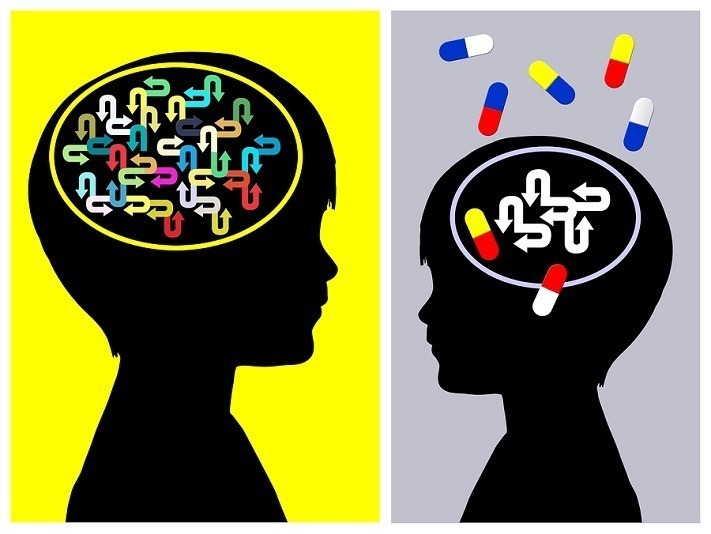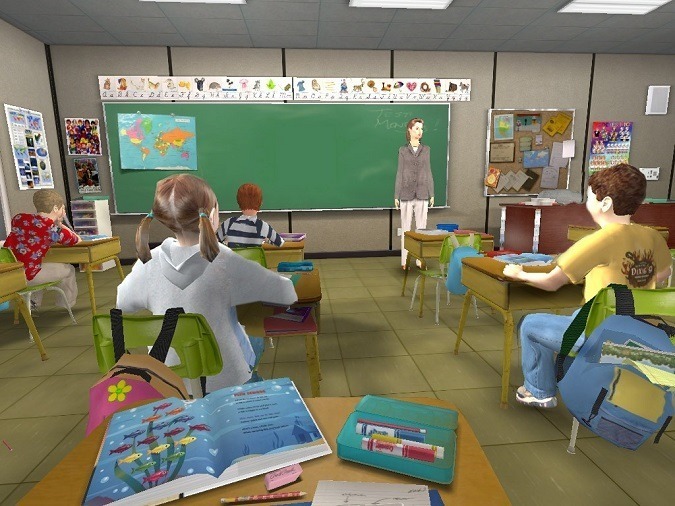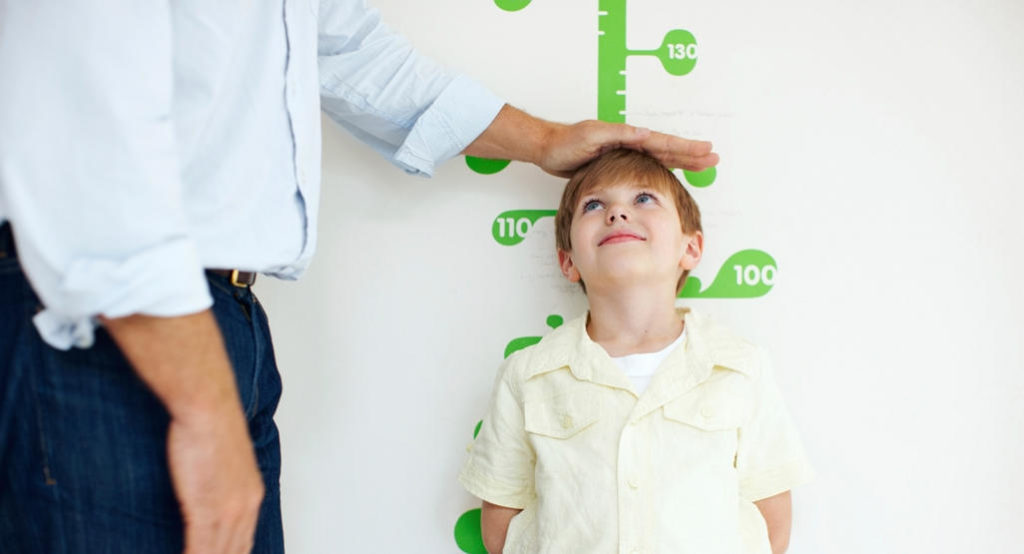Posts Tagged ‘behavior-therapy’
Survey of 2500 families finds what ADHD treatments seem to work/ not work as applied in the real world
While carefully controlled clinical trials are essential for establishing scientific support for different ADHD treatments, it is also important to examine how parents feel about the treatments they actually select for their child. How parents feel about ADHD treatments they have tried for their child provides an important complement to published clinical trials data, and can…
Read MoreOn neurons, lifelong learning, meditation, humility, “empty brain calories” and more
Welcome to a new edition of SharpBrains’ e‑newsletter, featuring 12 fascinating neuroscience findings and open questions–and the beautiful image above. #1. “With this image I want to illustrate the large advances made in imaging methods over the past century, allowing modern neuroscientists to look at neurons in ways that Cajal could have only dreamed of.” –…
Read MoreWhat should come first to treat ADHD in children, behavior therapy or stimulant medication?
Stimulant medication treatment and behavior therapy are currently the two child ADHD treatments with the strongest research support. However, when parents begin treatment for their child, or when professionals are initiating treatment with a new client, there is no research to guide the decision of which approach to begin with. Is it better to start with…
Read MoreInitial study finds promise and limitations in using virtual reality (VR) to treat ADHD
___ Given the limitations of existing evidence-based ADHD treatments, i.e., stimulant medication and behavior therapy — research on novel intervention approaches continues to be important. Cognitive training is one such approach that has been suggested as a potential adjunct or even replacement for medication treatment. While cognitive training takes different forms, e.g., computerized attention training,…
Read MoreConsistent use of ADHD medication may stunt growth by 2 inches, large study finds
___ The Multimodal Treatment Study of ADHD (MTA Study) is the largest ADHD treatment study ever conducted — nearly 600 7–9‑year-old children with ADHD were randomly assigned to one of four interventions: 1) Carefully monitored medication treatment; 2) Intensive behavior therapy; 3) Medication Treatment combined with Behavior Therapy; or 4) Community Care (parents obtained whatever treatment…
Read MoreStudies reinforce the critical importance of ADHD treatment monitoring
__________ As the new school year approaches, let me highlight the essential value of ADHD treatment monitoring. Even when a child’s treatment has been going well, response to treatment can change over time. This is true for medication treatment, or any other treatment a child is receiving. By regularly monitoring how a child is doing…
Read More





